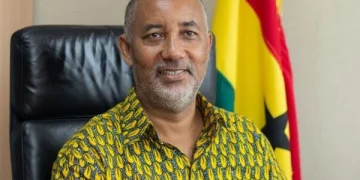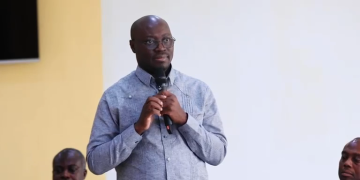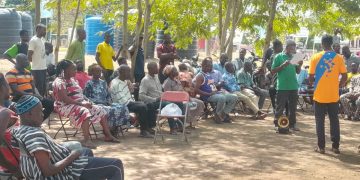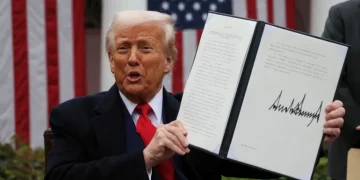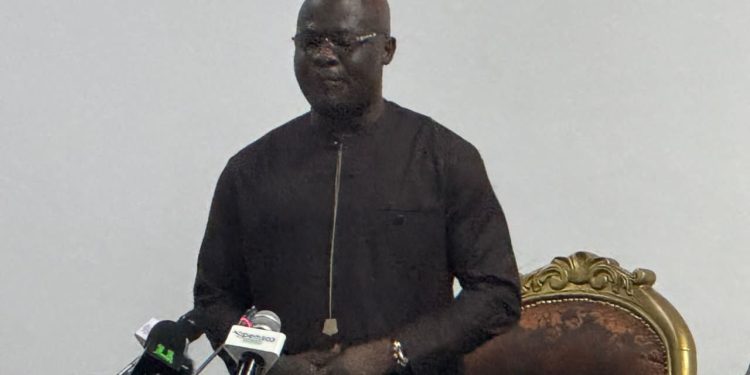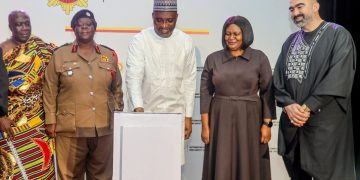Ghana’s Minister for Local Government, Decentralization, and Religious Affairs, Ahmed Ibrahim, has lauded the ongoing state visit by King Mswati III of Eswatini, describing it as a powerful endorsement of traditional governance and a timely opportunity to strengthen pan-African collaboration.
Speaking during an official ceremony at the National House of Chiefs in Kumasi on Wednesday, the Minister welcomed His Majesty and his delegation, emphasizing the vital role traditional leaders play in national development, cultural preservation, and democratic governance.
“This visit is not just historic—it is symbolic of the values we share across the African continent,” Hon. Ahmed stated.
“Ghana recognizes that the strength of our democracy is rooted in the legitimacy and stability provided by our traditional leadership.”
He noted that Ghana’s local governance structure, anchored in the District Assembly Concept, continues to rely on the cooperation and wisdom of traditional rulers, especially in areas of community mobilization, conflict resolution, and cultural education.
Hon. Ahmed further urged stronger cooperation between Ghana and Eswatini in the area of traditional governance and decentralization.
He called for bilateral exchanges between chiefs, traditional councils, and governance institutions from both nations to share best practices and innovations.
“The King’s presence here is a reminder that tradition and modern governance are not mutually exclusive. In fact, they must work together to deliver progress and peace for our people,” he added.
The Minister also praised Otumfuo Osei Tutu II, the Asantehene, for his continued leadership and efforts in promoting African unity through culture and diplomacy.
King Mswati III is in Ghana on a four-day state visit aimed at deepening diplomatic, cultural, and governance ties between Eswatini and Ghana.
His visit includes meetings with traditional leaders, government officials, and civil society stakeholders to observe Ghana’s decentralized governance model and learn from its integration of chieftaincy into state functions.
Source :www.starrfm.com.gh / IsaacJustice Bediako



